April this year marked the 50th anniversary of the end of the Vietnam War. Celebrating this milestone – or perhaps cashing in on it – is Rolling Thunder, an off-Broadway musical imported from Australia now playing at the New World Stages.
Marketed as “part rock concert, part documentary,” Rolling Thunder is all cliché – and not in a good way. The two-hour jukebox musical uses a razor-thin plot and woefully undeveloped characters to connect various popular songs of the era, from “Born to Be Wild” to “We Gotta Get Out of This Place” and “Bridge over Troubled Water,” supported on stage by a five-piece band.
Given how iconic the songs are – and how nostalgic they are to the baby-boomer generation, who made up most of the audience on the night I visited – it might have been best to have made this a simple tribute concert and call it a day. As it is, the book, by Australian arts journalist Bryce Hallett, reaches for something grander and falls horribly flat.
Rolling Thunder – a reference to a Vietnam aerial bombardment campaign of the same name, and also to the 1975-76 Bob Dylan concert tour – follows three new American recruits as they’re shipped to Vietnam. There is nice guy Johnny (Drew Becker), who leaves behind his high-school sweetheart Linda (“The Voice” alumnus Cassadee Pope). Ladies’ man Thomas (Justin Matthew Sargent), who also is separated from his girlfriend. And Andy (Daniel Yearwood), a black man who is drafted against his will. Deon’te Goodman and Courtnee Carter play a slew of different characters, including Andy’s friend Mike and Andy’s campaigning mother.
The cast is solid but uninspired, not helped by a shockingly bad script. Scenes are so swift and tokenistic that they feel more like rushed briefs designed to hit key points (there’s the goodbye-to-loved-ones brief; the soldiers-visiting-bars-in-Saigon brief; the walking-through-the-jungle brief; the horrified-nurse brief). Platitudes abound in writing so cheesy it stinks. The death of a young soldier is “such a waste”; when Linda watches the assassination of Robert F. Kennedy on television she wonders if the world has “gone crazy.” When she accepts Johnny’s proposal of marriage they talk about how they will “sweep” each other off their feet.
Hallett seems to think that sad proclamations and hackneyed truisms about the horror of war paves the way for real emotion. He is not helped by director Kenneth Ferrone, whose cast does a lot of sighing and shaking of their heads. Both forget that even in great tragedy people are human: they’re complicated, funny, silly, jealous, anxious, happy, excited. These characters seem to have no motivations, ideas, complexities, expression, hobbies, humor or actual conversations. Given this vacuum, it is the (admittedly flat) letters from American soldiers projected onto screens at the back of the stage – which the cast read aloud – that do all the heavy-lifting.
The obligatory use of screens, meanwhile, in a set designed by Wilson Chin with projections by Caite Hevner, feels not only basic and lazy (like the letters, they do all the legwork in transporting us to another world and in eking out emotion) but bizarre. When Johnny and Linda sing a love song, flower-power images of colorful giant druggy petals are projected in the background. Other cast members simultaneously pop up in the audience to joyfully throw around white flowers and to try and get us to clap along. It is so embarrassing and felt so forced that the woman next to me had to cover her mouth.
In fact, the whole of Rolling Thunder feels forced. Yes, the singing itself is passable and technically good – but even though the cast leaps around with a mic, doing their best to inhabit rock and roll, it’s a poor imitation of the original artists, who wrote such plaintive protests. Joan Baez, Bob Dylan – these were true titans of the age. By contrast the band and cast’s howling and jumping feel perfunctory. Rolling Thunder is just glorified karaoke.



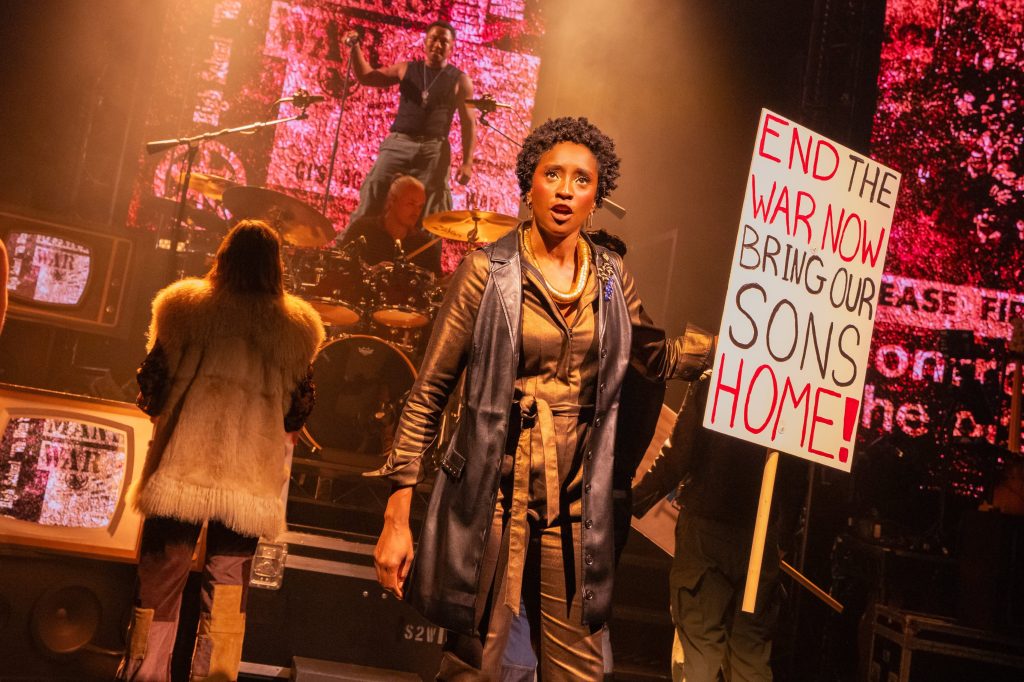






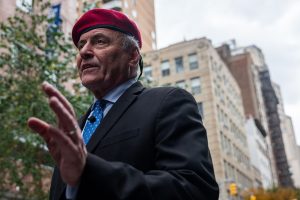
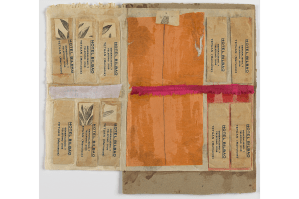
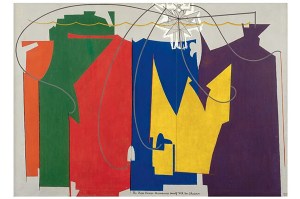
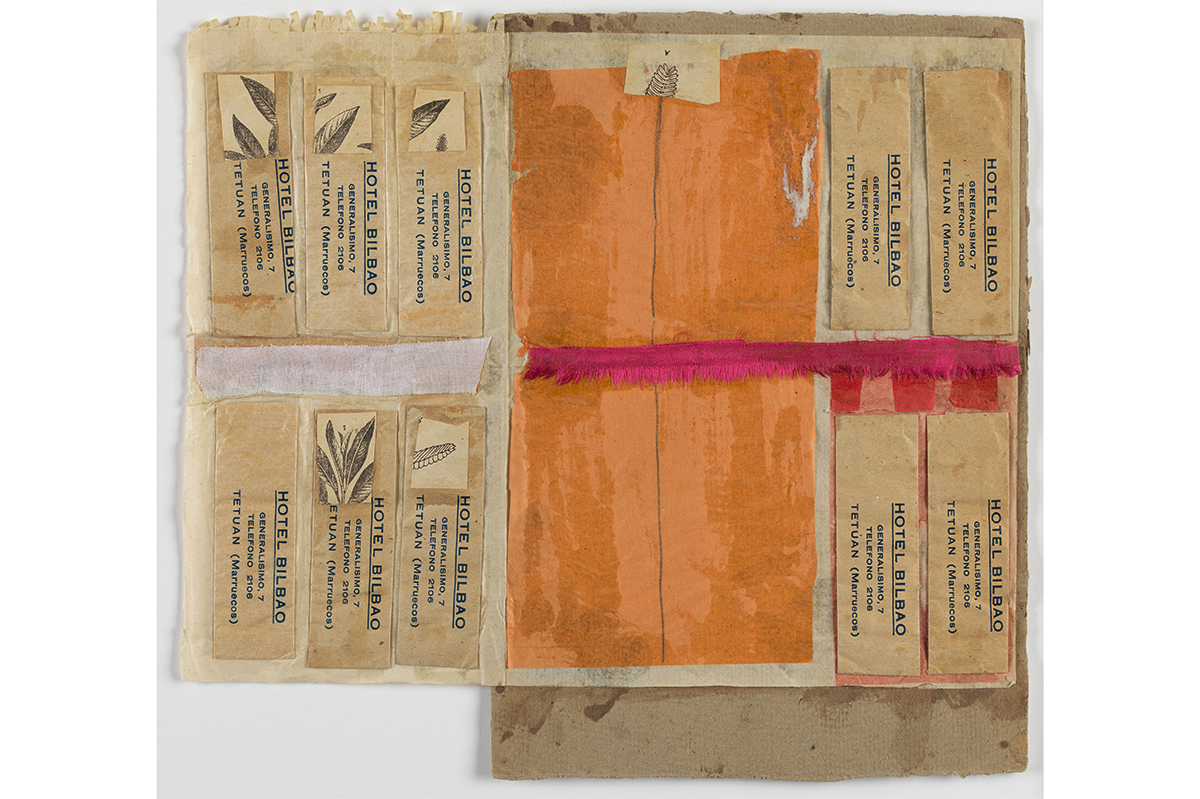
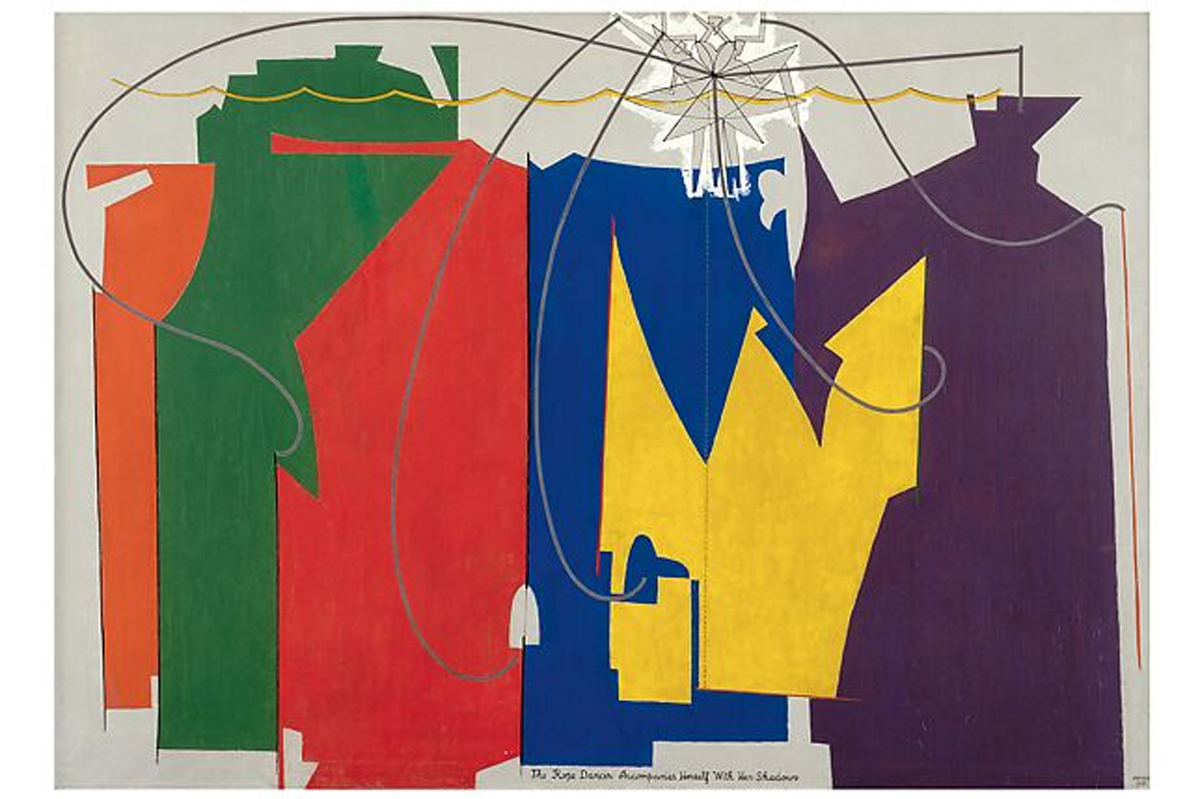
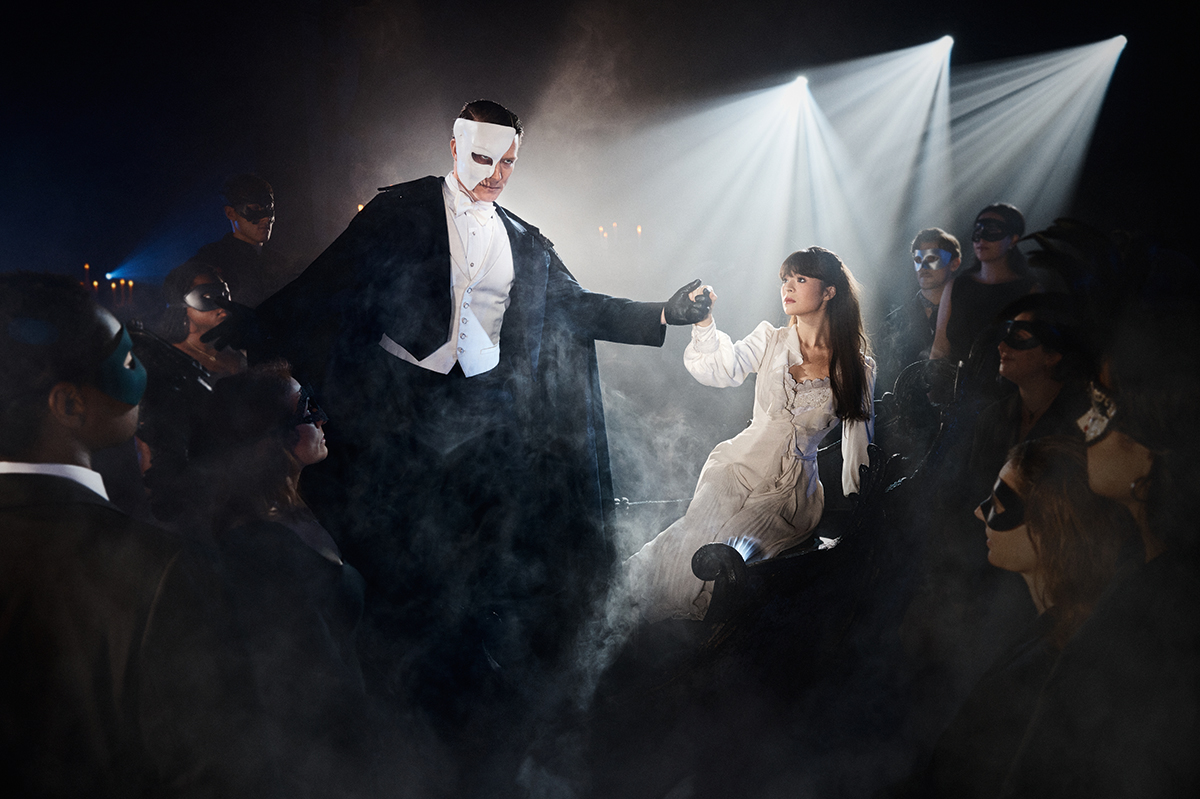
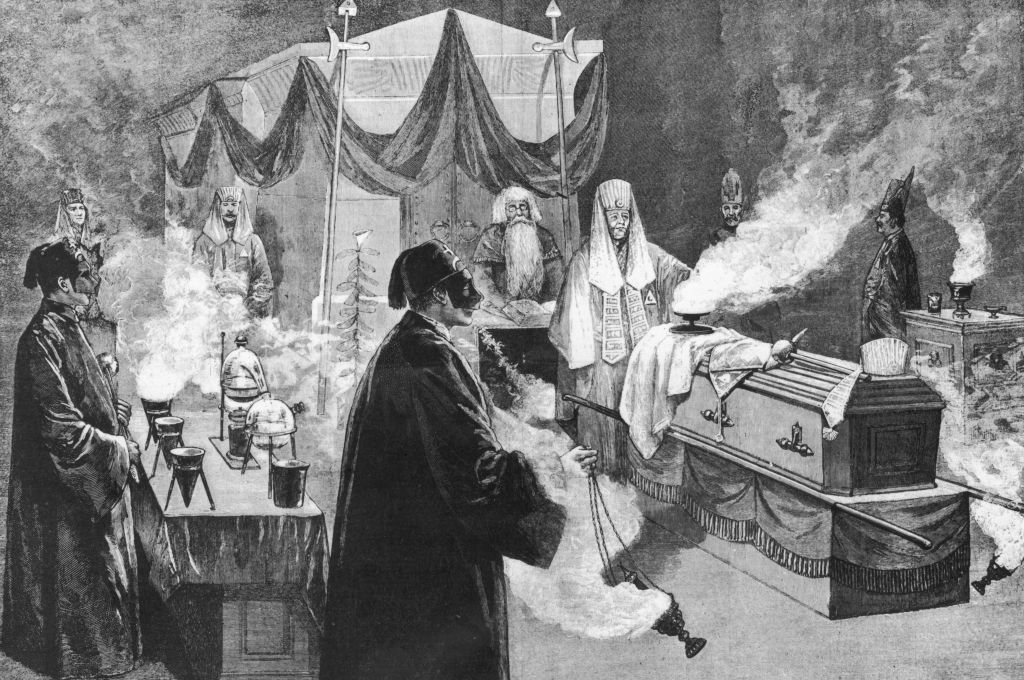
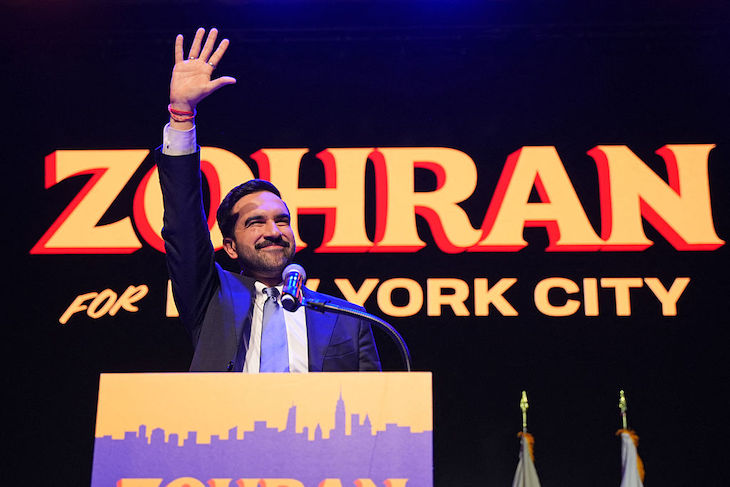
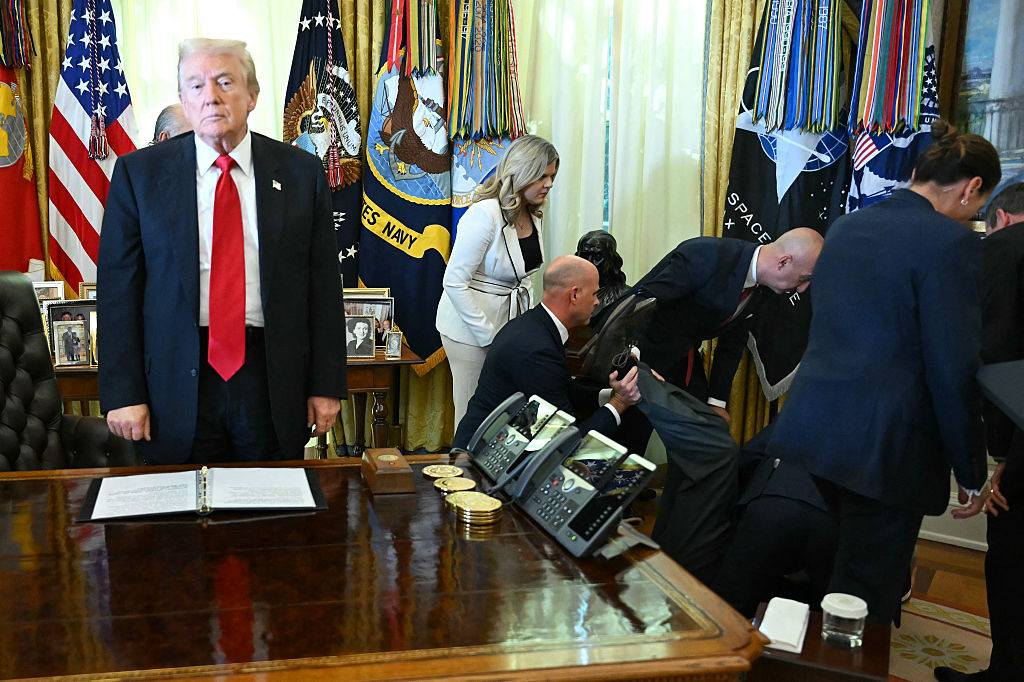







Leave a Reply